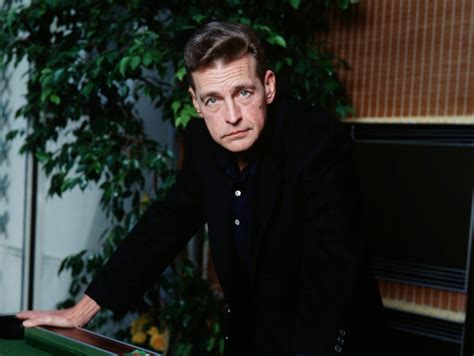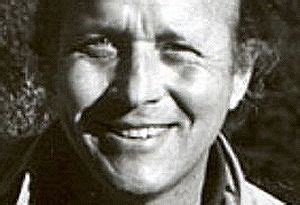A Quote by Nathaniel Philbrick
For me, 'Moby-Dick' is more than the greatest American novel ever written; it is a metaphysical survival manual - the best guidebook there is for a literate man or woman facing an impenetrable unknown: the future of civilization in this storm-tossed 21st century.
Related Quotes
Leadership is the great challenge of the 21st century in science, politics, education, and industry. But the greatest challenge in leadership is parenting. We need to do more than just get our enterprises ready for the challenges of the twenty-first century. We also need to get our children ready for the challenges of the 21st century.
These strengths, and our civilization in general, have reached an apogee with the end of the apocalyptic threats of the Cold War and the end - or at least waning - of less successful, and ultimately less "just," political and economic systems. At the turn of the 21st century we appear to be entering our greatest century, a golden age. The challenge that we face is similar to that of the Classic Maya civilization: we have set in motion a "runaway train" of success.

































